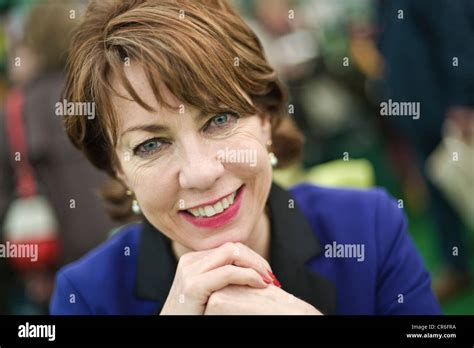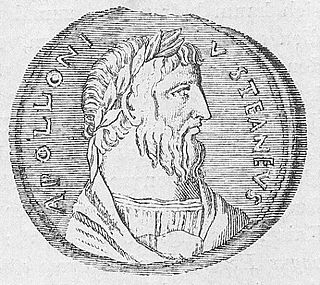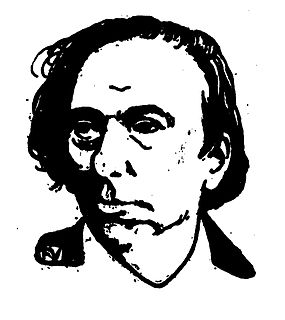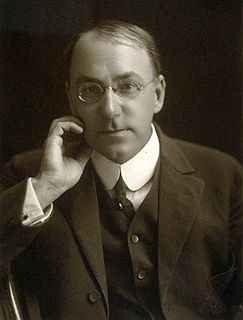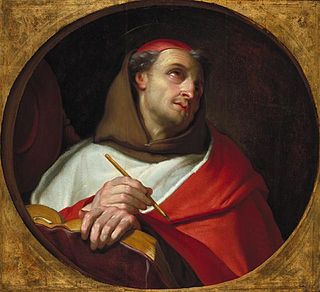A Quote by Philip Sidney
Fearfulness, contrary to all other vices, maketh a man think the better of another, the worse of himself.
Related Quotes
What the expression is intended to mean, I think, is that there is a better and a worse element in the character of each individual, and that when the naturally better element controls the worse then the man is said to be "master of himself", as a term of praise. But when - as a result of bad upbringing or bad company one s better element is overpowered by the numerical superiority of one s worse impulses, then one is criticized for not being master of oneself and for lack of self control.
Of all vices take heed of drunkenness; other vices are but fruits of disordered affections--this disorders, nay, banishes reason; other vices but impair the soul--this demolishes her two chief faculties, the understanding and the will; other vices make their own way--this makes way for all vices; he that is a drunkard is qualified for all vice.
On the one hand, man is a body, in the same way that this may be said of every other animal organism. On the other hand, man has a body. That is, man experiences himself as an entity that is not identical with his body, but that, on the contrary, has that body at its disposal. In other words, man's experience of himself always hovers in a balance between being and having a body, a balance that must be redressed again and again.
The bonds between ourselves and another person exists only in our minds. Memory as it grows fainter loosens them, and notwithstanding the illusion by which we want to be duped and which, out of love, friendship, politeness, deference, duty, we dupe other people, we exist alone. Man is the creature who cannot escape from himself, who knows other people only in himself, and when he asserts the contrary, he is lying.
A man must fortify himself and understand that a wise man who yields to laziness or anger or passion or love of drink, or who commits any other action prompted by impulse and inopportune, will probably find his fault condoned; but if he stoops to greed, he will not be pardoned, but render himself odious as a combination of all vices at once.
Toleration, holding that every other man has the same right to his opinion and faith that we have to ours; and liberality, holding that as no human being can with certainty say, in the clash and conflict of hostile faiths and creeds, what is truth, or that he is surely in possession of it, so everyone should feel that it is quite possible that another equally honest and sincere with himself, and yet holding the contrary opinion, may himself be in possession of the truth.
What is an optimist? The man who says, "It's worse everywhere else. We're better off than the rest of the world. We've been lucky." He is happy with things as they are and he doesn't torment himself. What is a pessimist? The man who says, "Things are fine everywhere but here. Everyone else is better off than we are. We're the only ones who've had a bad break." He torments himself continually.


